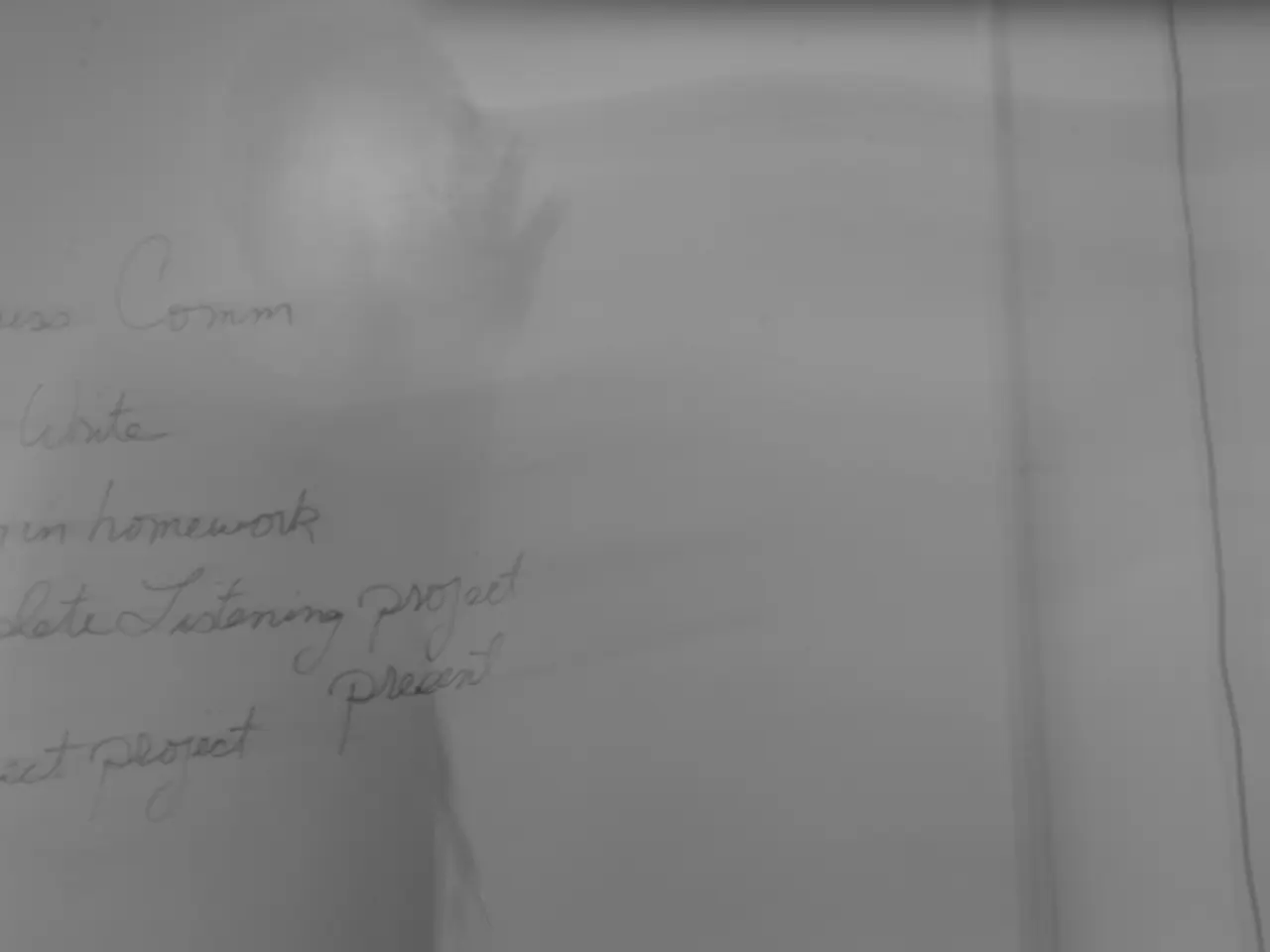Court upholds secrecy of grand jury transcripts in Ghislaine Maxwell's case, stirring controversies over DOJ's intentions.
In a recent decision, U.S. District Judge Paul A. Engelmayer ruled that grand jury testimony transcripts against Ghislaine Maxwell, the ex-girlfriend of Jeffrey Epstein who is currently serving a 20-year prison sentence for helping Epstein sexually abuse several underage girls, should not be released.
The judge's decision comes amidst a debate centred around the balance between public transparency and the preservation of the secrecy essential to the grand jury process.
The argument against the release of grand jury transcripts in Maxwell's and Epstein's sex trafficking cases emphasizes the need for secrecy to protect witnesses and maintain the integrity of the legal system. Judge Engelmayer wrote that anyone familiar with the evidence from Maxwell's 2021 sex trafficking trial would "learn next to nothing new" from the grand jury transcripts. He also belittled the Justice Department's argument that releasing grand jury materials might reveal new information about Epstein's and Maxwell's crimes, calling that premise "demonstrably false."
On the other hand, proponents of transparency argue that the public has a legitimate interest in understanding the full scope of Epstein’s and Maxwell’s crimes. They advocate for the release of redacted transcripts to protect victims’ identities while shedding light on the extent of criminal activity, including potential involvement of other individuals still uninvestigated.
The decision does not affect thousands of other pages the government possesses but has declined to release. Another federal judge is weighing whether to release transcripts from a separate grand jury proceeding that led to Epstein's indictment.
The Epstein case has again become a national flashpoint, years after Epstein served jail time and registered as a sex offender. President Donald Trump raised questions about Epstein's death and Trump allies stoked conspiracy theories regarding the Epstein case. However, the grand jury materials do not identify any person other than Epstein and Maxwell as having had sexual contact with a minor, nor do they discuss or identify any client of Epstein's or Maxwell's.
The materials also do not reveal new locations where crimes occurred, new sources of Maxwell and Epstein's wealth, the circumstances of Epstein's death, or the path of the government investigation. The Justice Department initially promised to pull back the curtain on the Epstein investigation but later announced nothing more would be released.
Maxwell, who is appealing her conviction, opposed the unsealing of the documents. The Republican-led House Oversight Committee has subpoenaed the Justice Department for Epstein-related files and has moved to interview former President Bill Clinton. The committee's actions suggest a continued interest in the case and a push for greater transparency.
The decision to keep the grand jury transcripts sealed is a reminder of the challenges in balancing transparency and privacy in high-profile cases. The debate is likely to continue as more details about the Epstein case come to light.
[1] https://www.nytimes.com/2022/03/09/us/politics/maxwell-ghislaine-transcripts.html [2] https://www.reuters.com/legal/government/judge-rejects-release-grand-jury-transcripts-ghislaine-maxwell-case-2022-03-09/ [3] https://www.cnn.com/2022/03/09/us/ghislaine-maxwell-grand-jury-transcripts-trump/index.html
Read also:
- Critique on Gender Issues: Deniz Yücel draws a parallel between Minister of Culture and former East Germany's chief ideologist Kurt Hager
- "Primal instincts at play: Subnautica 2 designer notes our affinity for weapon-making stems from a fundamental desire for protection and sustenance"
- Dragon Age series might find a promising future with remasters, according to ex-BioWare producer Mark Darrah, but it seems unlikely that EA and BioWare possess the capability for such undertakings at present.
- Chinese Ambassador issues stern message to India regarding Trump's tariffs in midst of escalating trade feuds






